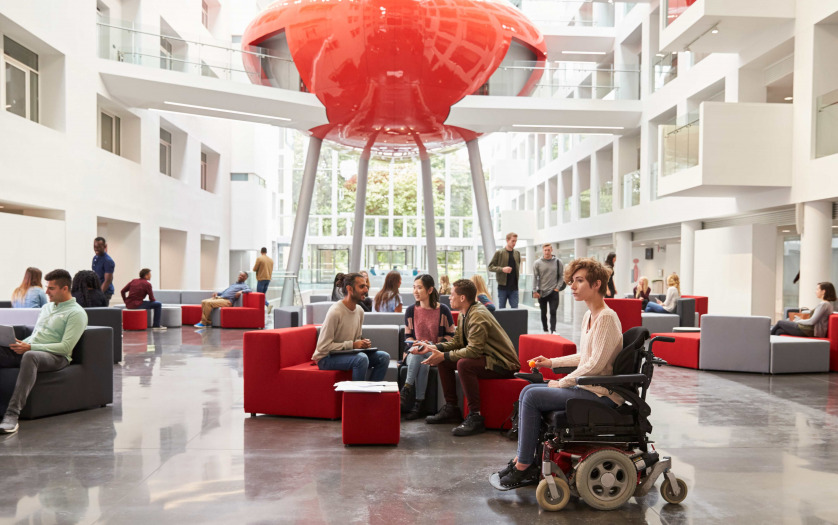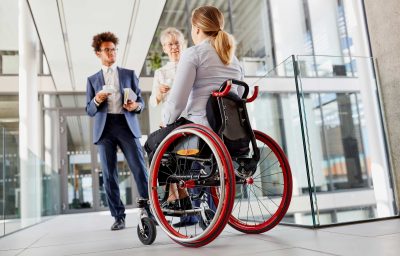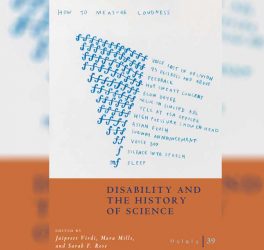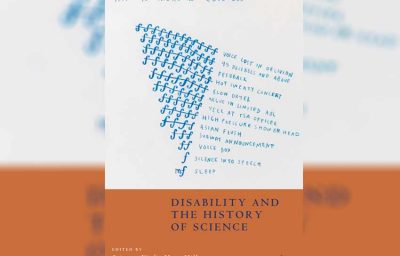
Amanda Kraus wants colleges to know that access does not equal equity. For Kraus, professor and executive director for Disability Resources and Housing & Residential Life at the University of Arizona, this idea is critical in conversations about accessibility for disabled students in higher education, The Daily Tar Heal reports.
“If all you ever do is make accommodations, that is never going to be universally acceptable,” Kraus said. “However, if you work on universal design and equity, those will all be compliant — so access does not equal equity.” Kraus is a wheelchair user and lived in campus housing while in college.
She said some college campuses could be doing more to move toward equity and inclusion for disabled students. At least 11 residence halls on UNC’s campus do not have elevators, and some dorm areas lack certain accessibility features for disabled students, such as wheelchair-accessible bathrooms or wide hallways. UNC is not alone in this, Kraus said — many other college campuses across the country fail to go above the minimum of accessibility features.
That accessibility is something that Austin Tyner, co-president of the Disability Advocates Committee within the Campus Y, is advocating for on UNC’s campus. Allan Blattner, executive director of Carolina Housing, said Carolina Housing recognizes that many buildings need to be updated and are just beginning the substantial process. Each residence hall is receiving an assessment to see the extent of changes that needs to be made, he said, though there is no set timeline for this process.








